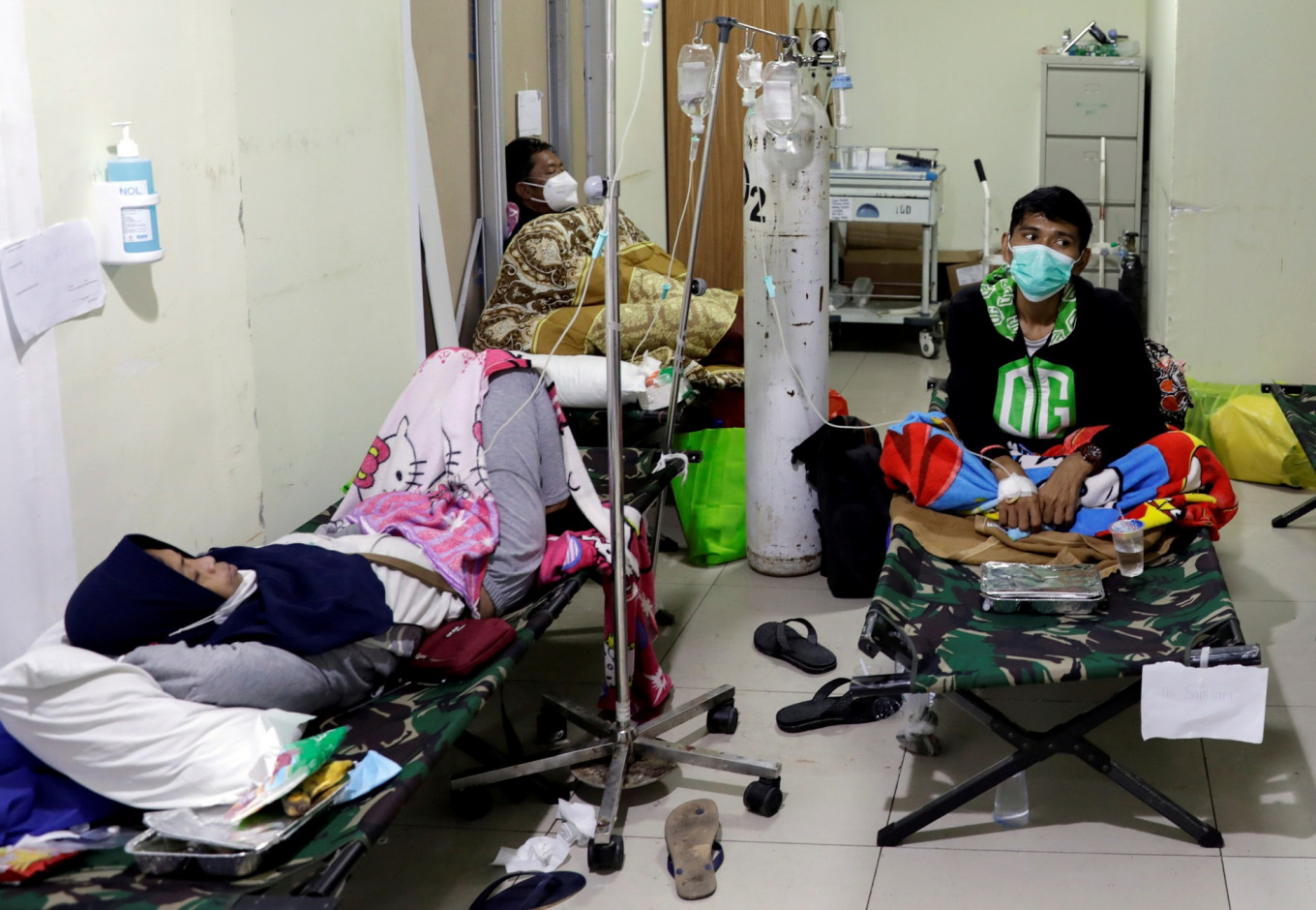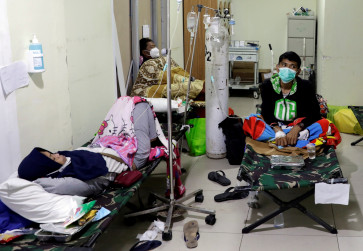Popular Reads
Top Results
Can't find what you're looking for?
View all search resultsPopular Reads
Top Results
Can't find what you're looking for?
View all search resultsThe pluses and minuses of omnibus health bill
The shortage of 150,000 doctors will not be met anytime soon by 92 medical schools across Indonesia.
Change text size
Gift Premium Articles
to Anyone
T
he Indonesian Medical Association (IDI) and the government, particularly the Health Ministry, have been embroiled in yet another tension, this time around concerning the omnibus health bill.
The bill has become a contentious issue for professional health organizations. It aims to combine several laws that regulate the health sector in the country, such as the Nursing Law, Midwifery Law and Medical Practice Law. Through the bill, Health Law No. 36/2009 will be revised and at least 13 other laws related to the health sector will be combined into it. Furthermore, the bill is included in the National Legislation Program (Prolegnas) this year.
While the government has argued that the bill will improve access to healthcare and reduce costs, IDI has raised concerns about how the bill would diminish its role and hand too much power to the ministry.
Let’s take a look at some important points of the health bill controversy.
First is about the certificate of competency (STR) and medical practice license (SIP). STR is a requirement for all doctors and is issued by IDI, considering factors such as practice experience, seminars and ethical and disciplinary evaluations. Afterward, a doctor needs to obtain the SIP through recommendations from the respective regional IDI to finally be able to practice. Both STR and SIP must be renewed every five years, considering the doctor’s updated knowledge to prevent unqualified or fraudulent doctors from practicing.
According to Health Minister Budi Gunadi Sadikin, the omnibus health bill, if passed, would merge STR and SIP to streamline the convoluted and lengthy process of issuing practice licenses, hence enabling more doctors to practice more quickly. Additionally, the authority responsible for issuing practice licenses will be the ministry.
Regarding this, Singapore and Japan adopt the same method, where the issuance of practice licenses is regulated by the ministry of health. I completely agree that merging the certificates is much more effective. However, it is important to note that while the simplification of the issuance process aims to increase the quantity of doctors in Indonesia, it must not overlook the quality of the doctors as well.



















